Description
The Elizabethans viewed society chiefly in religious terms; they shared a fundamental belief in the preservation of the social order and in moderation. Take away authority, said Edwin Sandys, bishop of London, and the people will rush headlong into every thing that is bad. But across a wide spectrum of religious belief there were differences in emphasis and at times sharply divergent views on matters of social conduct. Through scholars have given considerable attention to Elizabethan political and religious ideals, Richard Greaves’s book – based upon carefully scrutiny of religious writings (including biblical marginalia), social documents, diaries, and letters – is the first full analysis of the era’s social thought. It is also an assessment of the extent to which that thought was reflected in social practice. Greaves points out that Elizabethan religious groups make up a continuum in the Christian tradition, from militant Catholicism at one end to Seperatism and various fringe sects at the other, and in the middle Anglicans and Puritans of more than one stripe. It is these two persuasions that receive most of his attention, though he also examines the views of Catholics and Separatists, who did not write as extensively on social issues as their Anglican and Puritan brethren. Greaves’s opening chapters are devoted to the clergy themselves, as the principal exponents of appropriate social behavior – to the social pressures they confronted, their behavior in society, and the reasons for hostility against them. Greaves then turns to such areas of social thought and practice as marriage, sexual relations, family life and education; attitudes toward work and social mobility, the sabbath, recreation, food and drink, costume and language, suicide and war. In the economic and legal spheres he surveys Elizabethan views on business and legal ethics, usury and surety; the proper use of wealth, the enigma of poverty, and the provision of legal redress for the poor; enclosures and landlord-tenants relations; and controversies surrounding the use of ecclesiastical courts and oaths. Greaves’s study ends with death – an analysis of Elizabethan funeral rites and related matters of contention: funeral pomp and expenses, brasses and monuments, and demands for reform.

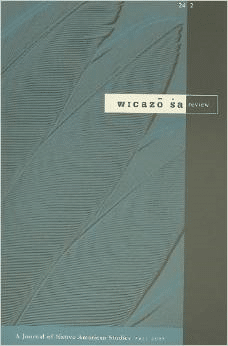
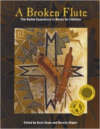
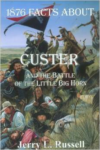
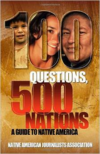
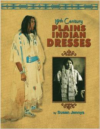
Reviews
There are no reviews yet.